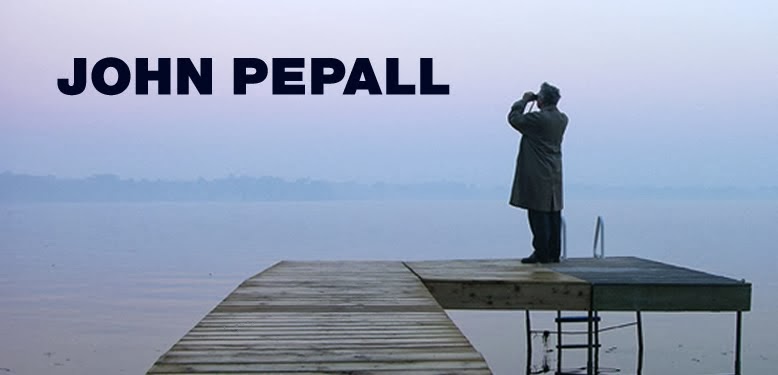The announced departure of David Cameron as Prime Minister of the United Kingdom and leader of its Conservative Party, in October, is a brutal illustration of the damage that the modern fashion for parties outside Parliament, by whatever involved process, choosing parliamentary leaders has done to parliamentary government.
Cameron is right to go. His campaign for Britain to remain in the European Union was based largely on the argument that Britain can’t leave the EU. It is now the principal task of the Prime Minister of the UK to take Britain out of the EU. He’s not the man to do it.
But the reason he must go is the reason why he should go now, not in four months.
The reason he won’t go now is that in common with many parliamentary democracies, with Canada leading the way, Britain has handed over the the role of choosing who should lead the parties’ members in Parliament to party members outside Parliament.
It wasn’t always so. Churchill became Prime Minister in May 1940 because King George VI was persuaded he was the man most MPs wanted. He only officially became leader of the Conservative Party some time later.
When Sir Anthony Eden resigned in 1957 and Harold Macmillan in 1963 the Queen was persuaded by Conservative elders that Macmillan and Sir Alec Douglas-Home respectively had the support of most MPs and appointed them Prime Minister.
When Sir Alec was defeated in the 1964 election and resigned as leader he set up a procedure for Conservative MPs to choose a leader, to save the Queen from the embarrassment of having to figure it out herself. By this procedure Ted Heath was chosen leader in 1965 and then, famously, Margaret Thatcher in 1975. And, perhaps even more famously, Thatcher was replaced in 1990 by John Major, by a vote of MPs.
After Major’s defeat by Tony Blair in the 1997 the Conservatives went through three leaders chosen by various procedures. One of them Ian Duncan-Smith, a Brexit champion, was the first chosen by a procedure involving party members. It took three months. Previously it had been a matter of days. He lasted only two years and never even got to lead his party in an election. Finally in 2005 a mish mash party procedure chose David Cameron as the bright boy who knew how to win.
Cameron had already announced he would step down before the next election, scheduled for 2020. He never said he’d step down if Britain voted to leave the EU, as that risked making the referendum about him rather than Brexit. But as he proved in the referendum to be not a winner but a loser he had to go.
Pandering to vague concepts of grass roots democracy while the Conservative grass roots have shrunk from a peak membership of near three million in the fifties to around 150,000 now the Conservatives will choose their new leader by letting MPs choose two candidates and the fluid membership choose between them. The process should take three months. Hence Cameron’s long goodbye.
In the meantime, during perhaps Britain’s greatest crisis since the war, it will be effectively leaderless, all to assure that the dwindling grass roots should have their say while the MPs voters elected cool their heals in waiting.
It is hard to imagine a similar situation arising in Canada, but a year ago few in Britain imagined its situation now. As we have allowed that not MPs but some months to year long party shenanigans should choose party leaders and even Prime Minsters or Premiers we have ceded the power of the MPs we elect to choose party leaders and who will govern us and must wait on party proceedings to know who are leaders may be.
Churchill used to like to observe when he met with Roosevelt and Stalin that he was the only one who could be replaced in a day, as he had become Prime Minister in a matter of days. Had present practices applied in 1940 it would have taken three months to be rid of Chamberlain and Britain might never have had its ‘finest hour.’
When in the ordinary round of politics leaders step down after an electoral defeat, or retire or drop dead, it all seems to work, though it produces dictatorial leaders, of which many rightly complain, but when leadership is most needed it can leave parties and governments leaderless.
There is nothing undemocratic about letting MPs choose their leaders. We elect them and their biggest responsibility is supporting a government or an alternative government in an opposition party. For that they are answerable to the voters.
There is little democratic in allowing a small amorphous subset of voters to intervene and choose leaders. To whom are they answerable?
The Labour Party’s Jeremy Corbyn was chosen by about 400,000 Labour ‘supporters,’ less than 1% of the electorate, to lead MPs most of whom can’t stand him. The party is falling apart.
So Britain is not just without a leader. I doesn’t even have an opposition. And Parliament at Westminster will for the next few months have less say on how Britain is governed than the sham European Parliament at Strasbourg.

No comments:
Post a Comment